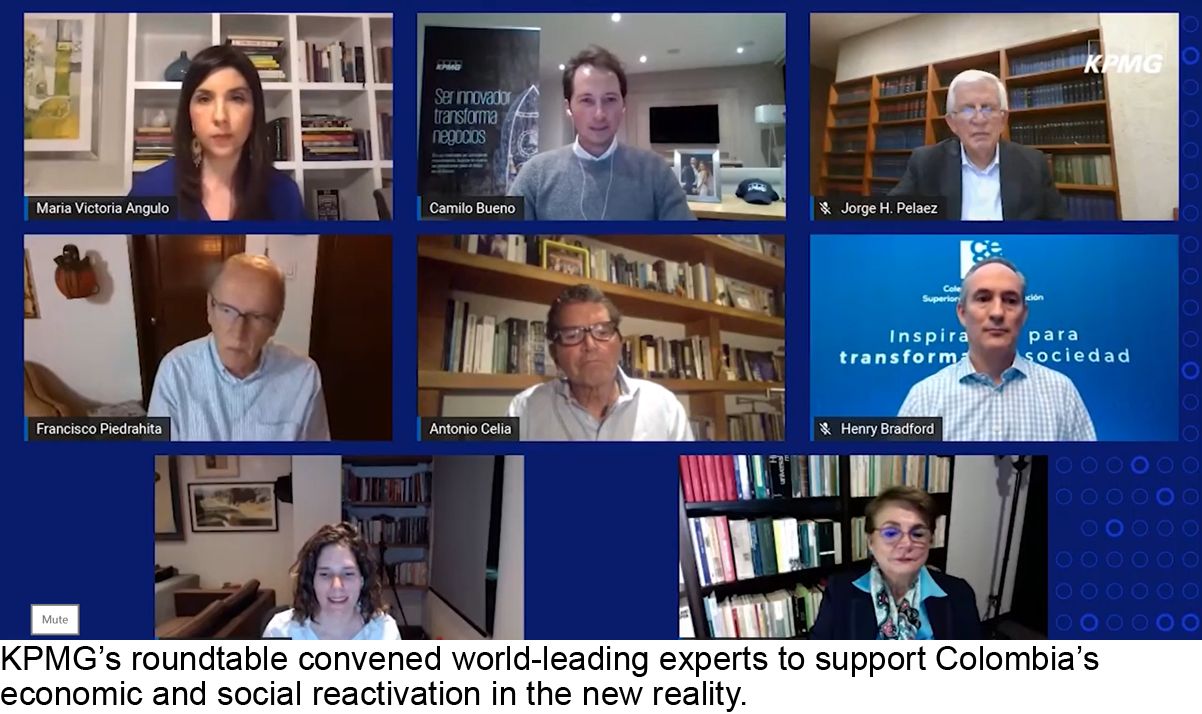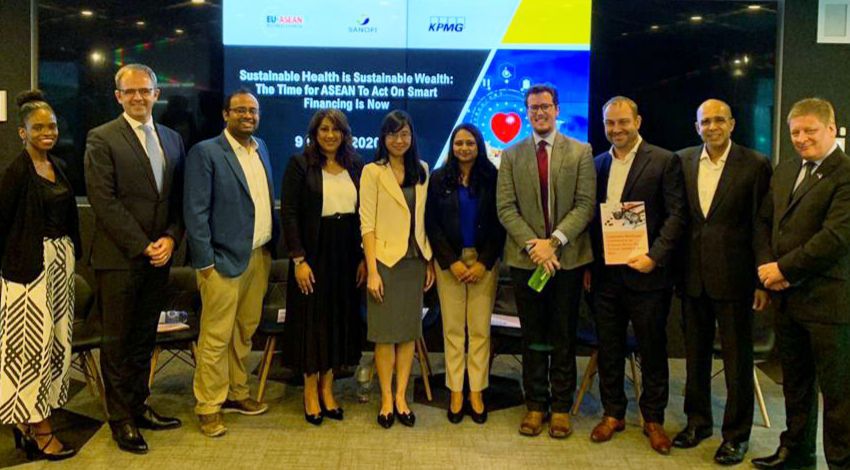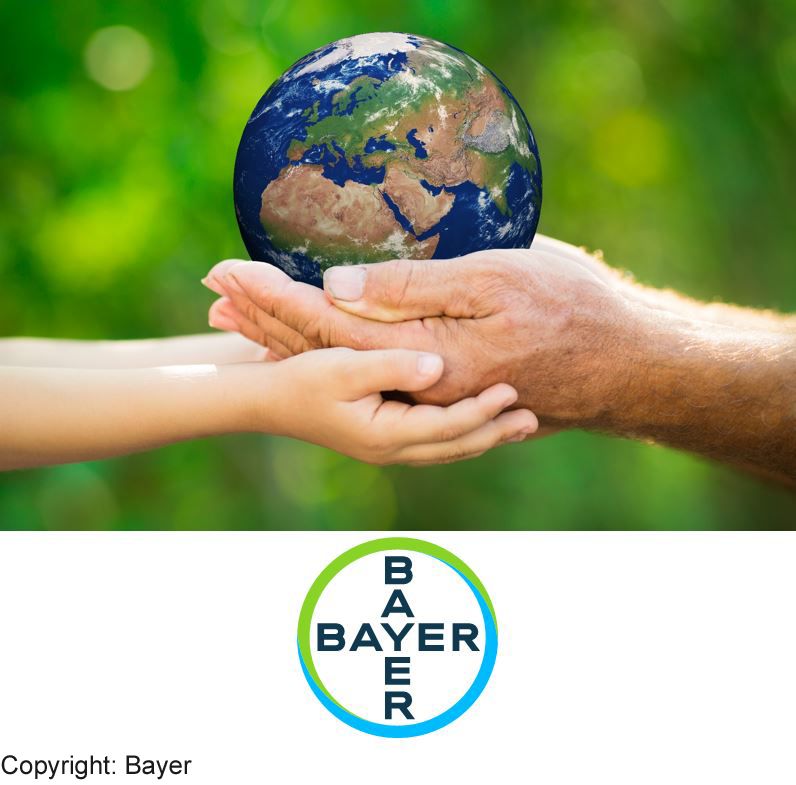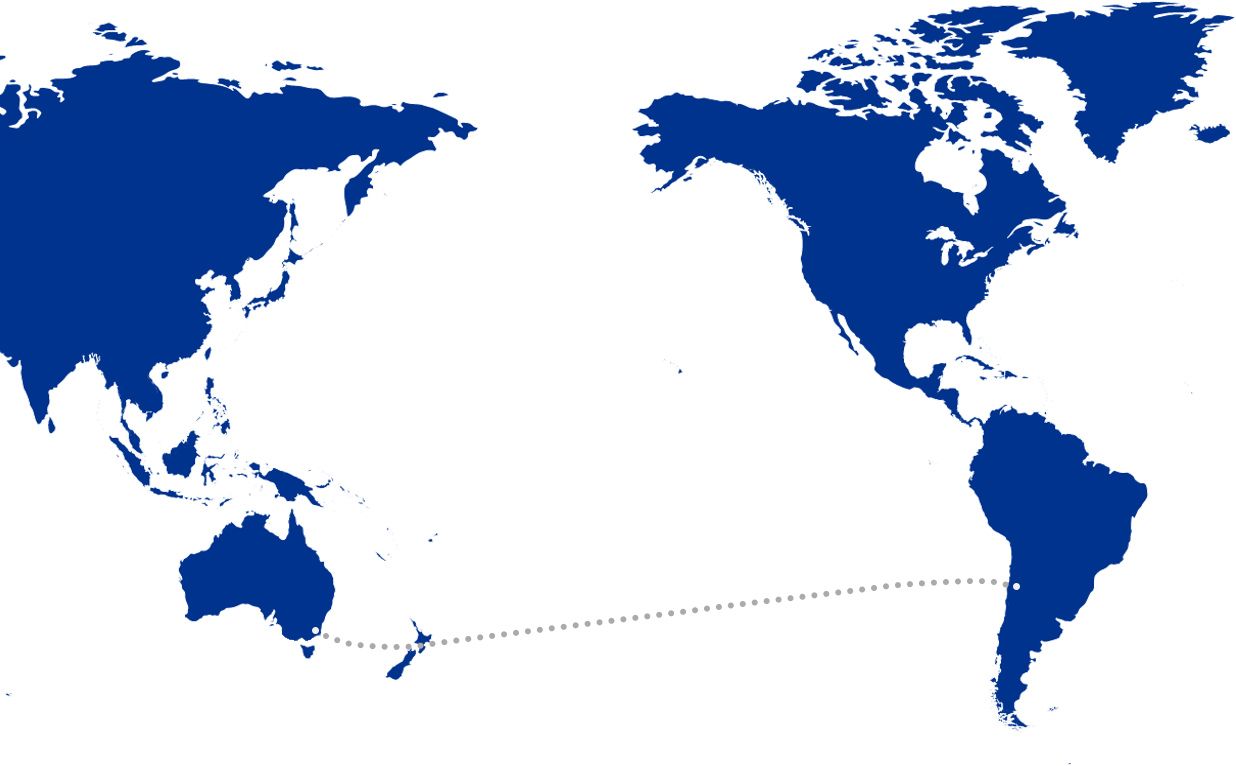The past year has highlighted how serving the public interest is fundamentally important for the success and survival of every organization. Environmental, social and corporate governance (ESG) issues are more than an investment trend. Businesses understand that aligning and committing to ESG principles, such as sustainability and public health, will likely have a significant bearing on their reputation, as well as their valuation and financial performance.
For KPMG, our Purpose is always at the core of everything we do, supported by our Values that guide our behavior. This is true for the support our people demonstrate every day in their communities in the almost 150 countries and territories where we do business. It is reflected in our actions to address climate change and our work to support education and literacy as part of the UN Sustainable Development Goals. It is also reflected in every part of our business and every engagement we perform for our clients, accelerated by the launch of our new initiative, KPMG IMPACT, which is helping clients create a more sustainable and resilient future.

How does an economy get back on track after effectively shutting down due to COVID-19? That was the subject of a first-of-its-kind, 15-day virtual conference in Colombia, hosted by KPMG in July 2020. Participants included the Republic of Colombia's President, Ivan Duque, and Vice President, Marta Lucía Ramírez, top government ministers, business and NGO leaders, academics, as well as KPMG leaders from around the world, including Global Chairman and CEO, Bill Thomas.
Titled “Reconfiguring the Future of Colombia: 15 Priority Perspectives,” the conference covered subjects from healthcare to finance, education, energy and infrastructure, and resulted in 75 proposals for promoting Colombia’s economic and social reactivation as the country responds to the new reality.
In the face of volatile economic conditions this past year, our duty to serve the public interest and the functioning of the capital markets has never been more critical.
KPMG’s Audit leaders and the Global International Financial Reporting Standards (IFRS) Institute came together across the globe to develop ongoing and comprehensive resources and guidance to help stakeholders understand the potential accounting and disclosure implications for their organizations. Our Audit professionals delivered high quality audits in a period of dynamic change, while working in challenging virtual environments.
We are also continuing to contribute to the effective functioning of tax systems. The importance of this has become even more evident throughout COVID-19.
Through our services, we are constantly helping organizations transform to meet the evolving needs of society.
Transforming health equity
Early on, it became increasingly clear that the COVID-19 pandemic had a disproportionate impact on racial and ethnic minority communities. To address this inequality, Morehouse School of Medicine (MSM) teamed up with KPMG in the US to pursue and win a grant from the US Department of Health and Human Services, Office of Minority Health. With this funding, the MSM team launched the National COVID-19 Resiliency Network – a platform that helps to deliver health-related information to communities hardest hit by the pandemic.
MSM asked the KPMG team to apply its digital transformation capabilities to help with the build and day-to-day running of the network’s technology infrastructure and platform — enabled by Salesforce. This platform encompasses a communication strategy developed by leading health disparities researchers and marketing organizations and is targeted at disproportionally impacted communities. The Network helps communicate and disseminate information by linking the country’s most vulnerable populations with the right care at the right time — aiming to decrease overall infection and death rates.
Even though the platform was built to address the current pandemic, the KPMG team believes it’s flexible enough to help with any health crisis, including disease surveillance, disaster response, academic research, community health management and outreach, and health plan member management.
Learn more about how KPMG's Healthcare practice is helping organizations and governments transform the healthcare ecosystem.
Responsible Tax roundtables
KPMG continued its series of Responsible Tax roundtables, held virtually, to keep the global responsible tax community connected and to better understand the immediate-, medium- and long-term responses to COVID-19. Participants in the roundtables share perspectives on tax systems challenged in a digitized, globalized world, discuss responsible tax behaviors and consider how businesses can stay resilient through the pandemic, and how governments can build back better.

Even before the COVID-19 pandemic, health systems in the ASEAN region were under great pressure.
KPMG in Singapore worked alongside Sanofi, a global leader in healthcare solutions, and the EU-ASEAN Business Council on an initiative to reimagine the sustainability of health systems in the region. The project explores ways to improve the efficiency of health system design, such as through prevention programs and novel health delivery models like digital health, as well as innovative strategies for health system financing such as nationalized health savings accounts, disease earmarking and crowdfunding.
The report launched online in March 2020 to more than 20 countries and territories and received over 70 million impressions. Subsequently, the topic has been presented to numerous governments and secretariat platforms as economies in the region seek to recover from the COVID-19 pandemic while retaining their health-for-all socioeconomic ambitions. Sanofi and KPMG are now looking to expand the sustainable healthcare initiative to the wider Asia-Pacific region with a leading multilateral agency.
KPMG worked with the World Economic Forum, Bank of America and the rest of the Big Four in 2020 to develop a set of universal ESG metrics and disclosures for benchmarking and reporting on sustainable business performance. The project was developed with the International Business Council and a community of more than 120 global CEOs. The metrics established will help companies demonstrate long-term value creation and their contributions to the Sustainable Development Goals (SDGs). Read Our Impact Plan where we report our performance against these metrics.

KPMG in Germany and the Netherlands led a global team to help Bayer, a leading company in health and nutrition, take its ambitious 2030 Sustainability Development Objectives from ambitions to reality.
Bayer was looking for deep sustainability experience and the ability to connect its bold climate and social commitments with its business strategy. It also wanted to work with a firm that approached sustainability goals with the same rigor as financial targets — our new ESG initiative, KPMG IMPACT, checked all the boxes.
The KPMG team developed and validated a set of targeted KPIs relevant for the sustainability goals that were credible, achievable and audit-ready. The KPIs were inspired by industry best practices in impact reporting, and the objectives were stress-tested in light of current performance and envisioned strategic initiatives.
The KPMG team was also engaged to support Bayer’s Crop Science division with its 100 million smallholder farmers program, conducting external key opinion leader roundtables and recommendations on partnerships for smallholder farmer engagement.
Finally, professionals from multiple KPMG firms assisted in strategy formulation and conducted training for Bayer to communicate its sustainability strategy to investors.
KPMG experts from Germany, the Netherlands, UK and New Zealand helped deliver industry-leading practices, research and trusted client solutions.
With the KPIs in place and the initiative up and running, Bayer is on its way to meeting its 2030 sustainability goals.

KPMG in Chile is working with the Chilean Government as strategy and transactional advisor for the Asia-South America transoceanic cable project, intended to span 24,000 kilometers (14,900 miles) and connect the two continents by submarine fiber optic cable for the first time.
The KPMG team started by developing a comprehensive model for planning, governance and financing of the project, as well as helping evaluate the most profitable route for the submarine cable.
Advising on a project of this magnitude takes deep expertise across many disciplines. The KPMG team delivered with Deal Advisory, Management Consulting, Tax and Legal experts, along with extensive experience in financial evaluation, M&A and infrastructure projects. Professionals from KPMG in Singapore also joined the team to bring specific experience with submarine cables.
With the initial planning phase nearing completion, the second phase involving financing of the project is expected to be developed using the public-private funding model developed by the KPMG team.
When it is completed, the underseas cable will enable greater digital connectivity between South America and Asia, essential to support the data demands of advanced 5G wireless and ultra-high definition video technologies, as well as the increasing demand for Internet of Things and virtual reality services.
Learn more about our continued focus on serving the public interest in everything we do in Our Impact Plan
Throughout this webpage, “we”, “KPMG”, “us” and “our” refers to the global organization or to one or more of the member firms of KPMG International Limited (“KPMG International”), each of which is a separate legal entity. KPMG International Limited is a private English company limited by guarantee and does not provide services to clients. Member firms of the KPMG network of independent firms are affiliated with KPMG International. No member firm has any authority to obligate or bind KPMG International or any other member firm vis-à-vis third parties, nor does KPMG International have any such authority to obligate or bind any member firm.



